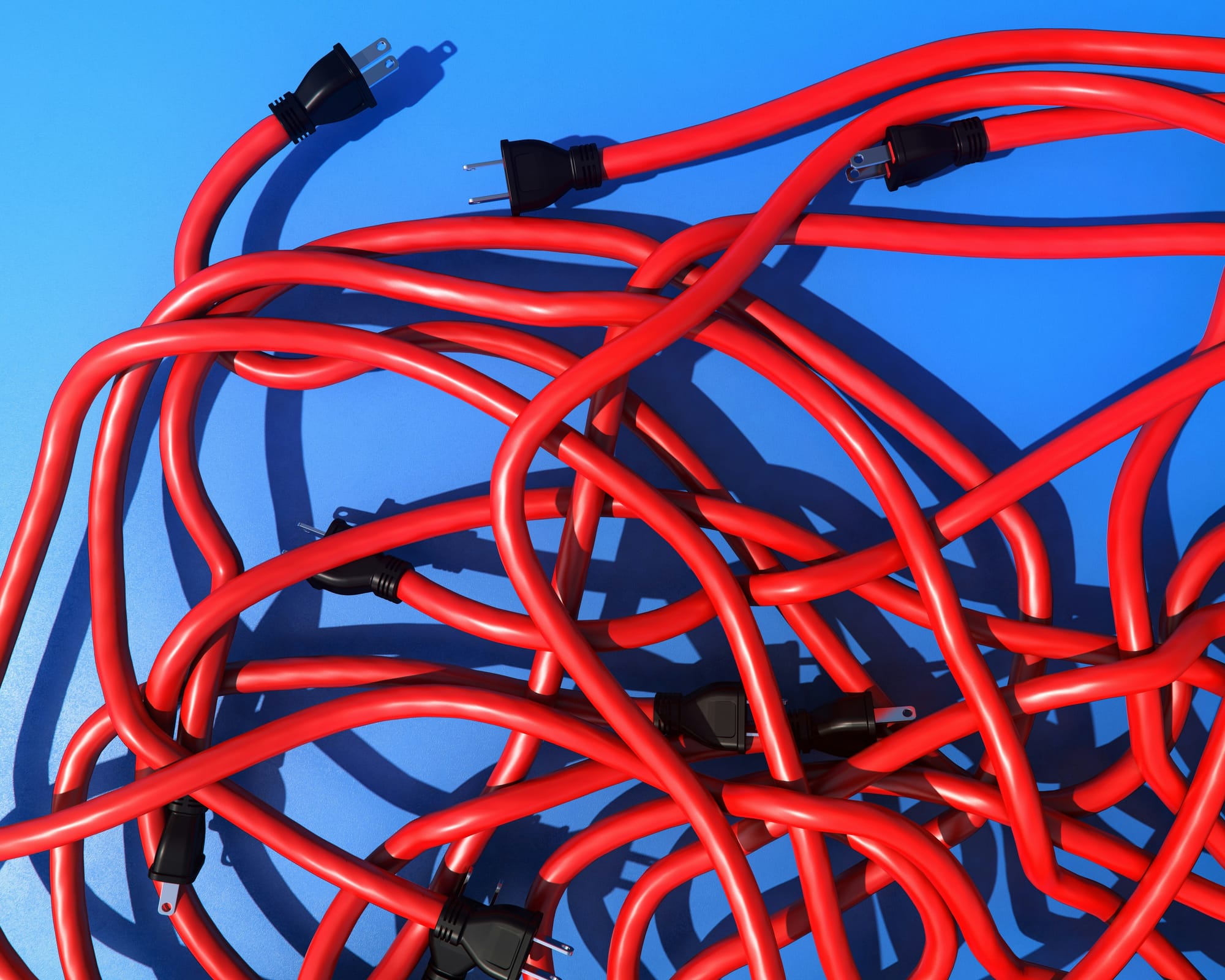Ever wish you could save up sleep for those inevitable all-nighters? Turns out, you actually can – sort of. Welcome to the fascinating world of sleep banking, a scientifically-backed strategy that's changing how we think about rest and recovery.
What Exactly Is Sleep Banking?
Sleep banking is the practice of intentionally getting extra sleep in the days leading up to a period when you know you'll be sleep-deprived. Think of it like building a financial cushion before a big expense – except you're stockpiling rest instead of cash.
Neurobiologist Allison Brager, author of "Meathead: Unraveling the Athletic Brain," explains it perfectly:
"The more you can put in, the more you can take out, and the more you've taken out, the more you have to put back in in order to get your balance back to normal".
The Science Behind Sleep Banking
Here's where it gets interesting: about 30 published studies from Walter Reed National Military Medical Center support this concept. Research shows that people who get an extra hour of sleep daily before anticipated sleep deprivation perform significantly better than those who don't.
A groundbreaking 2015 study found that participants who extended their sleep for six nights showed "improved sustained attention and alertness" and faster recovery speeds during subsequent sleep deprivation. The results were so compelling that researchers noted these individuals had fewer performance lapses and less frequent microsleep episodes.
How to Actually Bank Sleep
The "golden rule" is getting an extra hour to hour-and-a-half of nighttime sleep. But if that's not realistic, experts suggest two alternatives:
Weekend Loading: Use your days off to prioritize "as much sleep as possible". This strategy has proven particularly effective for firefighters and other professionals with unpredictable schedules.
Strategic Napping: A simple 20-minute midday nap can contribute to your sleep bank when longer nighttime sleep isn't feasible.
The Reality Check
Before you start planning marathon sleep sessions, here's the catch: you're not actually storing sleep like money in a vault. Dr. Rafael Pelayo from Stanford University School of Medicine clarifies:
"You cannot bank sleep. You're really paying off your sleep debt".
Most of us walk around with existing sleep debt, so what feels like "banking" is often just catching up to baseline. As one expert puts it:
"Sleep banking means getting sleep debt down to zero – instead of putting extra sleep in the bank, like a savings account".
When Sleep Banking Works Best
This strategy shines during predictable disruptions: upcoming travel, major deadlines, welcoming a newborn, or transitioning to night shifts. A 2023 study found that sleep banking was "the most promising transition strategy" for medical residents switching to night shifts.
Both medical experts agree that sleep banking works best as a short-term support system, especially for those with unpredictable sleep schedules.
The Bottom Line
While you can't truly "save" sleep for later use, strategic sleep extension before challenging periods can absolutely improve your resilience and performance. It's not magic – it's smart preparation.
Remember, sleep banking isn't a substitute for consistently good sleep hygiene. As the research shows, the goal should always be maintaining seven or more hours nightly. But when life throws curveballs, having a little extra rest in your "account" can make all the difference.
Ready to try sleep banking? Start small – aim for an extra 30-60 minutes before your next challenging week. Your future sleep-deprived self will thank you.














Discussion